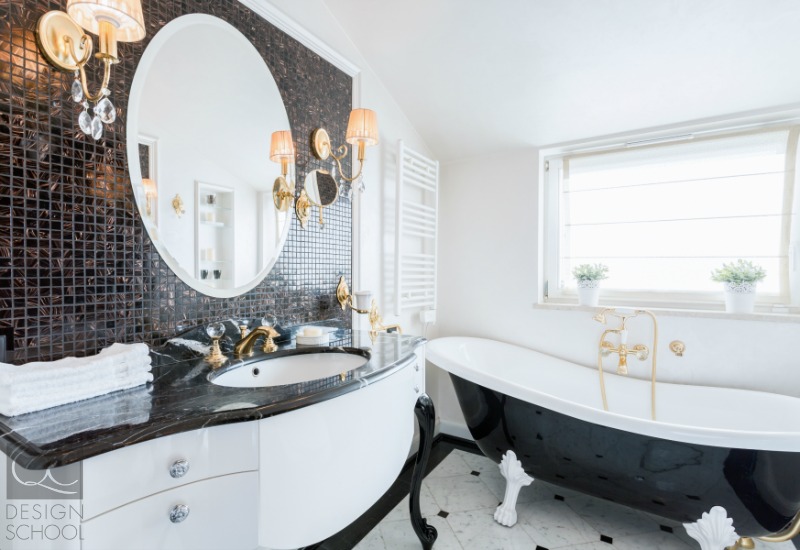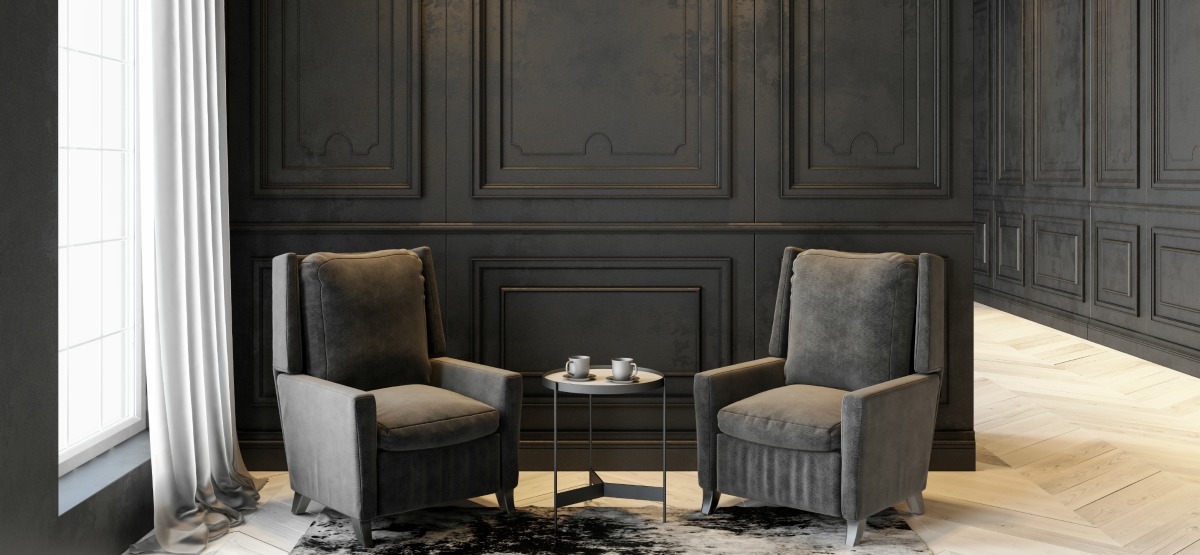The design industry is filled with career opportunities and niche markets. If you are a part of this amazing community, you probably thought long and hard about which area of design you wanted to work. Many aspiring design professionals decide to pursue interior decorating. It’s one of the more broad and flexible career paths in the industry.
In any career, people often crave change eventually. Or maybe, your business could benefit from a little boost. If either of these are the case for you, you may do well to consider home staging. After all, the real estate industry is full of opportunities. As an interior decorator, you’re probably thinking you can just start advertising staging as a service and pick up clients. This however, isn’t necessarily the case.
Continue reading to learn about whether or not you need to take home staging courses as an interior decorator.
The home staging industry
The first thing to discuss is the home staging industry. The real estate market is the reason for its existence. Home stagers work with sellers and real estate agents to prepare homes for resale. But, staging does more than just prepare homes. One of the reasons it is such a popular strategy in the real estate market is because staged homes sell faster! On average, 103 days faster, that is.
Sometimes real estate agents offer home staging services, but unless they’re a trained design professional, their service is of little use. This is where you come in – the design professional! Your background in decorating is definitely an asset, but the home staging industry has a completely different purpose than what you’re used to.

The differences
You’re an interior decorator, you make spaces look beautiful. You communicate with your clients to figure out what they want in their space. Your dream client has a style in mind that you can run with. The end result should represent their personality and have personal touches. Interior decorating can be a very intimate career.
As a decorator you also deal with creating functional spaces. Beyond making homes look nice, decorators also aim to optimize spaces. Unless clients live in a mansion, space often becomes an issue. This is why individuals and families often find themselves considering moving. This is where home stagers take over.
Home stagers do deal with aesthetics like interior decorators, but in a much different way. Rather than expressing clients’ styles, stagers do the opposite. De-personalizing homes is a stager’s specialty. It may sound strange, but give it some thought. If you’re house shopping, do you want to see someone’s family photos? How about precious Max’s dog bed? Probably not.
Shopping for a home is a stressful experience. Home staging helps ease the transition from old to new. This is why staged homes sell faster. It’s also why sellers and real estate agents depend on home stagers to get the job done – and quickly.
Home staging aims to present a house in its best possible light. Stagers need to create spaces that buyers can envision themselves in. A staged home will have strategically placed furniture and decor. The space should feel inviting and distract from a house’s flaws like awkward layouts or low ceilings. Think of home staging as a production. The goal being to present a house in a way that stands out from all the others on the market.

The skills
So, you think staging sounds good. You like the idea of creating spaces that buyers can envision themselves in. You also really like the sound of the busy real estate market! But, what skills do you really need? And more importantly, as a decorator, don’t you already have them?
Unfortunately, the answer to that question is no. The goals of decorating and staging are so different that you’ll need a new set of skills. These skills also require you to abandon some of the design principles you learned in your interior decorating course. Not forever, of course. Just until you get the hang of home staging!
Critical thinking is one of the most important skills you’ll need to become a stager. Your home staging course will also teach you how to declutter effectively. Hopefully you won’t encounter too many houses in desperate need of this skill, but if you do – you’ll be ready. You will also learn how to target buyers using specific styles and design elements. As mentioned earlier, depersonalizing a space will also be a crucial skill to develop.
You’ll also develop skills to highlight and hide aspects of a house and create moods using lighting and color. Staging courses will teach you to design curb appeal and attract visitors upon arrival. Outdoor staging is a whole other area – but you’ll develop these skills too. Lastly, you will learn about the real estate industry and the business side of the design industry.
Some skills you already have as a decorator will come in handy. There is some overlap to take advantage of! Color psychology, working with clients, and drawing floorplans are all required in home staging. This knowledge base will serve you well as a home stager. It can even accelerate your training and help you start work faster.

Opportunities
The best part about the home staging industry is that it’s multi-disciplinary. The real estate and design industries come together to create a need for home staging. This means that if you are properly trained, you will have double the opportunities!
Think about it, you are already an interior decorator. Taking home staging courses will open up the real estate market to you. You’ll be able to network with a new set of professionals and clientele. Plus, don’t forget that you will be challenging yourself. Never stay stagnant! It’s important to push yourself to improve and stay current in your design career!
To summarize, not only will you grow as a design professional, but you will be able to capture many new business ventures. For ambitious professionals, this is a dream come true! Home staging will increase your skill set, income, connections, and push you to develop both professionally and personally.
If this doesn’t sound good, we don’t know what does!


